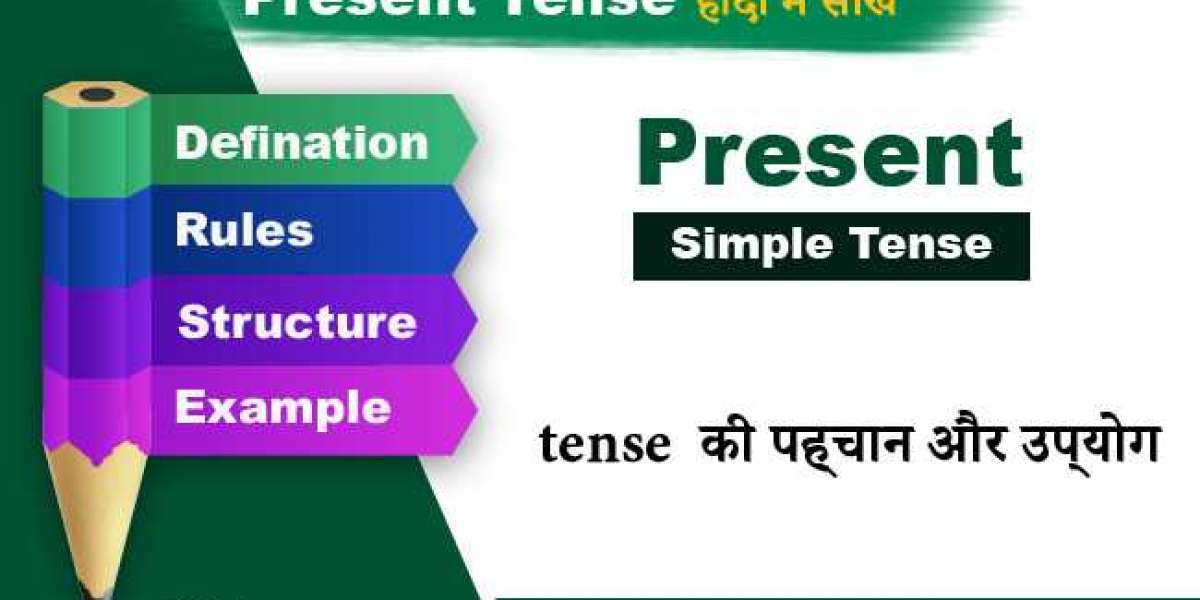A Step-by-Step Guide to Learning English Grammar
If you’re an English learner, then you know that learning grammar can seem downright terrifying. Sentences look like they’re written in hieroglyphics, and they seem to have so many rules that you can never remember them all at once. Plus, it seems like every teacher you have has her own way of explaining grammar to you, which makes it even more confusing when they don’t agree with each other! The good news is that learning grammar doesn’t have to be difficult if you know how to go about it the right way. Simple Present Tense in Hindi
The Basics
Subject, verb, object is the sentence structure of simple sentences. The subject is the person or thing that does something. The verb is what the subject does and its direct object tells us whom or what the subject acted upon. For example, George ran. George is the subject, he acts by running and therefore runs.
Present vs. Past
If you want a step-by-step guide for learning the difference between present and past tense, read on. When talking about what is happening now, it's called the present tense.
Future Tenses
Futures tenses are used to express the action or event that will take place in the future. These tenses also give additional meaning, such as probability and expectation.
Indefinite or Definite Article?
Present Indefinite Tense in Hindi can be used when talking about things or actions that are happening now, such as I am eating breakfast. However, Present Indefinite Tense in Hindi cannot be used for actions that happened at a specific time in the past, such as I had cereal this morning.
Present Participle
100 sentences of simple present tense in Hindi
sentence 1- Imān ko kyā bol raha hai? ইমান کو ক্যা বোল রেही? The speaker is asking what is the person saying?
sentence 2 - Bolne dunga, Imān.
The Present Perfect
- I have already eaten dinner. 2. We are seeing a movie tonight. 3. The lights have gone out in the building and everyone has left to go home by now. 4. By this time tomorrow, our class will be almost over with all the work we'll have done! 5.
The Passive Voice
Many languages have a passive voice and English is no exception. However, in English the passive voice is not as common. In the past tense, it can be formed by placing the phrase by (someone) after the verb phrase that is being acted upon.







